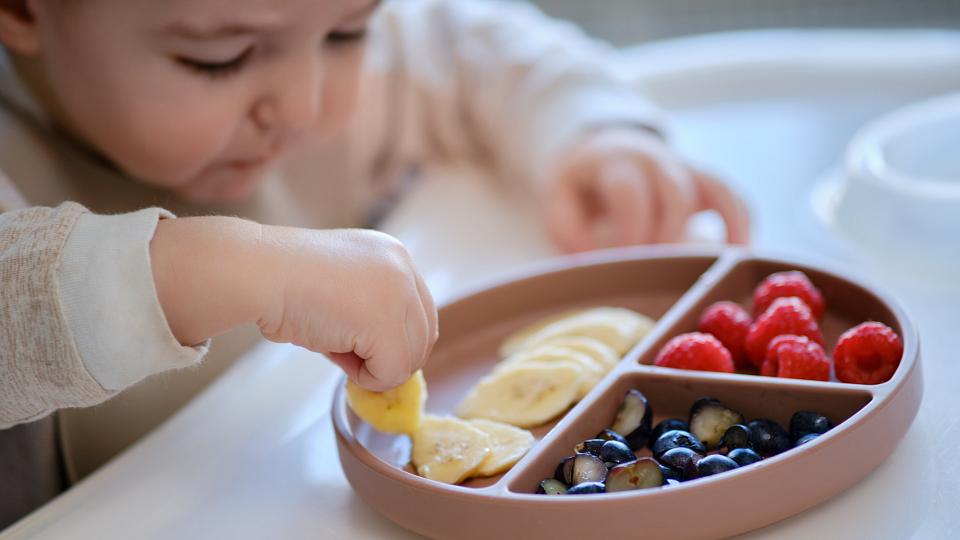
Ear Piercing: How Young Is Too Young?
No matter your child’s age, piercing their ears is a personal decision. Most important is ensuring it’s done in a safe and clean environment.
In various cultures, ear piercing is done as young as days to months old. For example, in Spain and Latin America, it's customary to pierce a little girl's ears moments or days after she is born. In these cultures, it's believed that it's more painful for the child if you wait until she's older.
The American Academy of Pediatrics (AAP) says there's little risk at any age if the piercing is performed carefully and cared for thoroughly. But the AAP does recommend waiting until a child is old enough to take care of the piercing themselves.
“It’s a fairly safe procedure to do, as long as it’s done in a safe setting,” says Alanna Brickley, MD, a pediatrician at University of Utah Health. While the regulations can vary from county to state, Brickley does advise parents to wait until their child has received at least one tetanus vaccine.
She shares these tips with her patients:
1. Visit a reputable business
An established business that specializes in piercings generally has to adhere to state rules and regulations. This means the business should be well practiced in sterilizing their equipment and follow aftercare cleaning procedures. To be sure, check with the business to make sure their equipment is cleaned and that they are comfortable performing the procedure on a child. It’s best to avoid places of business that use piercing guns as they cannot be adequately sterilized.
2. Clean thoroughly
Aftercare is just as important to avoid infection. Start by washing your hands before touching the piercing. Clean the area twice a day for about two weeks with soap and water. The American Academy of Dermatology recommends applying a thin layer of petroleum jelly to new piercings from a squeeze tube. The earring should not be removed for four to six weeks.
3. Watch for infection and adverse reactions
Initial redness and irritation are normal following a piercing. Call your doctor if your child runs a fever or the earlobe gets very red and swollen.
Parents should also be aware of potential infections or adverse reactions to jewelry. When choosing an earring for your child, use earrings that are very small, round, and as flat as possible. Never use dangling earrings, as they could get caught and tear the earlobe.
How to Handle Screen Related Temper Issues in Children
Is your child's screen time causing more tantrums? Pediatrician Cindy Gellner, MD, reveals how excessive digital exposure can lead to emotional challenges in kids.
More Answers to Your Questions on Keeping Your Kid Healthy
Latest trends and issues in children's health on the Healthy Kids Zone with Dr. Cindy Gellner







